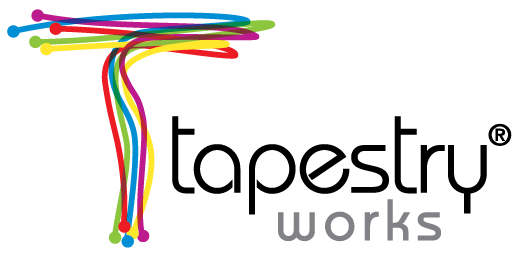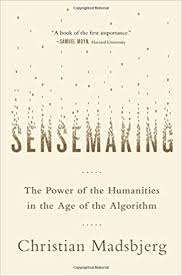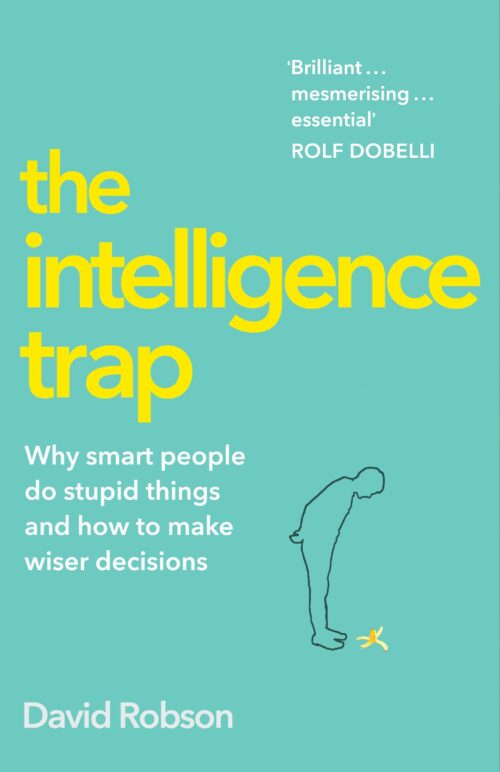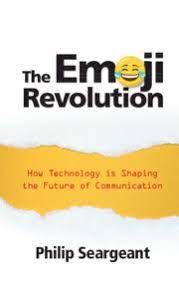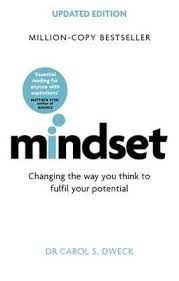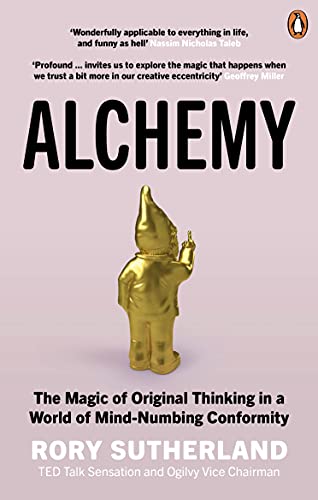“Information is indifferent to meaning”
In this book, Christian Madsbjerg makes the argument for the importance of the humanities as well as science in understanding human behaviour. While Madsbjerg’s focus and examples are often in the field of market research, his argument is a broader one about the futility of trying to understand and predict behaviour without embracing culture, context, human experience, creativity and complexity.
Sensemaking is not a new term, focusing on the importance of identity and context in the narratives that people create to interpret events. Jerome Bruner wrote about placing “meaning” at the centre of psychology from the 1950s and Karl Weick later used the term sensemaking in the context of theories of organizations with seven properties: identity and identification, retrospection, enactment, socialization or sharing, continuity (he talks about sensemaking as ongoing), extraction of cues, and plausibility over accuracy.
Christian Madsbjerg argues that humans are becoming subservient to algorithms and that our fixation with data often masks stunning deficiencies with grave risks for the future. Through many examples he shows that many of the great success stories in business do not stem from number crunching, but rather from engagement with culture, language and history. Madsbjerg believes that a finely tuned and engaged human mind can solve problems that are beyond the grasp of computers. He frames his notion of sensemaking around five principles.
Culture NOT individuals
Christian Madsbjerg believes that anthropology and the social sciences are key to knowing how groups of people live, love, grow and die. He argues that people make decisions based on shared cultural ideas and hidden assumptions and that algorithms are very poor at understanding these ideas and assumptions, as are business leaders who only know their own local cultural experiences.
Thick data NOT thin data
In Sensemaking, thin data is cold hard facts, and Madsbjerg argues that these can only get us so far. They can’t help us to understand emotions and motivations. The answer is to look at thick data, which incorporates contextual understanding of the day-to-day realities of human experience.
The savannah NOT the zoo
Can you really understand lions after watching them eat out of a bowl in the zoo? Christian Madsbjerg argues that human experience should be understood out in the wild and not within caged structures (such as focus group discussion rooms). He says that businesses “must engage with people at eye level” and grow their capacity for empathy. I couldn’t agree more.
Creativity NOT manufacturing
Most of us understand inductive (bottom-up) and deductive (top-down) reasoning. While they both can tell us something about the world, they cannot identify creative solutions which require abductive reasoning (non-linear problem solving). Although Sherlock Holmes famously talk about deduction, many of his greatest insights came from abduction, connecting seemingly unconnected information and making creative leaps in his ideas. This requires more than looking for data, but in Christian Madsbjerg’s words “looking for answers” by reframing questions and asking different ones to those our existing data provides. We need to do the hard work of thinking and have the capacity to live in a state of doubt rather than certainty.
The North Star NOT the GPS
Sometimes technology fails, and when your GPS dies you only have the stars to navigate. Even if data exists, you need to know what to do with it before it can help. Although the world sometimes feels complex, especially as we collect more and more data, it might be that the amount of data we collect is hiding simple truths. Cultural context and focusing on real experiences and learned meanings can help us know which questions to ask of big data, which is often really only thin data.
Although Sensemaking could also have been titled “common sense”, its central arguments are still necessary in a world where businesses increasingly suffer from quantification bias (read more here). For those interested in the humanities and social sciences, and concerned with businesses’ increasing over-reliance on data, this will be an enjoyable and reassuring read.
REFERENCES
Sensemaking: What makes human intelligence essential in the age of the algorithm by Christian Madsbjerg
Acts of Meaning by Jerome Bruner
The Social Psychology of Organizing by Karl Weick
